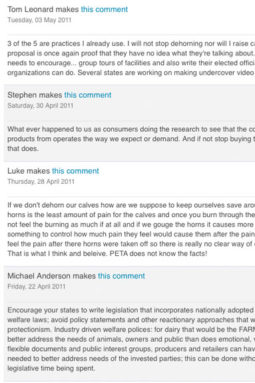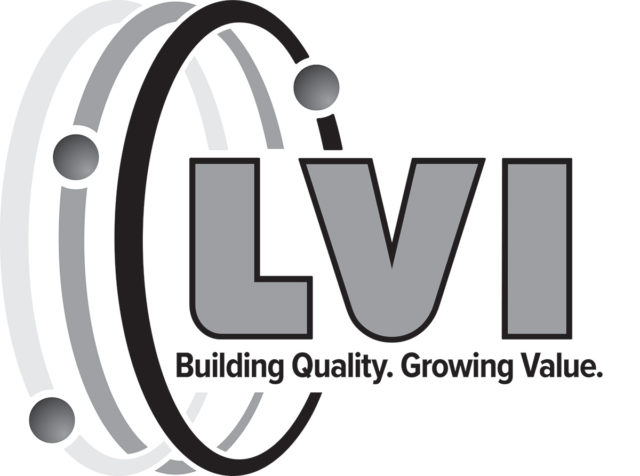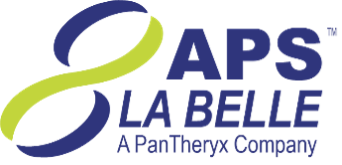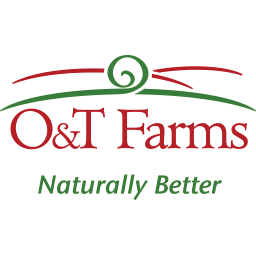Last month PETA took aim at the dairy industry. On the heels of Mercy for Animals’ footage of animal abuse on a Texas calf ranch, the activist group People for the Ethical Treatment of Animals (PETA) released its own set of standards of care for animals raised on dairy farms. Based on comments received on the news release regarding the standards, not everyone agrees with PETA's position. Click here to read the comments. In an interview with Progressive Dairyman, PETA’s Corporate Liaison Amber Driscoll said the standards are aimed at the dairy industry from farms to processors to end users. “PETA is asking responsible companies who don’t want to be associated with this type of cruelty to adopt these minimum standards of care,” Driscoll said.
The organization has already developed similar standards for poultry and pork; and it has been successful in finding well-known companies and restaurants to adopt the standards and call for their suppliers to adhere to them.After a number of dairy animal abuse videos have been released, including one produced by PETA, the activist group decided something needed to be done about dairy.
“There really is no national standard to prevent the worst abuses dairy farmed cows suffer on factory farms. Based on new video footage of animal cruelty and what we’ve seen over and over again on dairy factory farms, Americans are outraged,” Driscoll said. “The dairy industry must act swiftly to stop the most extreme suffering of cows and calves by implementing PETA’s basic reforms.”
PETA's new standards of care for dairy animals include:
• Keeping facilities clean and providing adequate flooring, hoof care, and bedding.
• Immediately euthanizing "downed" cows.
• Ending the practice of de-horning and tail-docking.
• Banning the use of bovine growth hormone, which contributes to lameness and a painful inflammation.
• Providing group housing for female calves, without tethering.
According to Driscoll, these standards were developed with input from animal welfare experts and the dairy industry itself, namely the National Milk Producers Federation (NMPF) and the American Association of Bovine Practitioners (AABP). PD
Look for the "3 open minutes" interview with Driscoll in the May 21 issue of Progressive Dairyman.

-
Karen Lee
- Progressive Dairyman Midwest Editor
- Email Karen Lee





